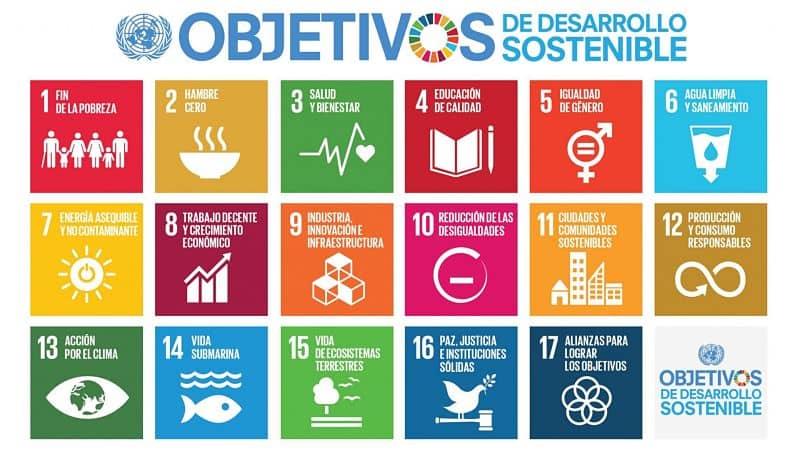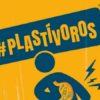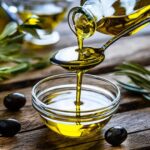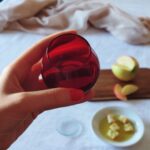This post is also available in:
Español (Spanish)
Nederlands (Dutch)
Français (French)
Deutsch (German)
Português (Portuguese (Portugal))
Far from AOVE, far from Extra Virgin Olive Oil and plastic. In this article we would like to shed some light on the penultimate controversy that has arisen in the olive sector. In view of the possible ban on the use of plastics in packaging to market Extra Virgin Olive Oil, we will expose what we believe is a paradigmatic example of the type of government leaders we have in Spain (and in the European Union), of the little knowledge they have of the economic reality (in this case agri-food) and of how little concern they have for a real circular productive economy and the health of their citizens. Here we go.
The Spanish Circular Economy Strategy (EEEC)
.
At first it seemed that theSpanish Circular Economy Strategy (EEEC) also known as España Circular 2030 and approved by the Council of Ministers on 2 June 2020 was to give a definitive boost to a new model of production and consumption in which the value of products, materials and resources are kept in circulation for as long as possible, making the most of them and minimising waste production in the different productive sectors. As far as the agri-food sector is concerned, and specifically with regard to Olive Oil, the controversy had been raging since July 2020 when the Ministry of Agriculture approved a draft Royal Decree on the Quality Standard for olive oils in which it is intended that as of 1 January 2023 all EVOO (only Extra Virgin Olive Oil, not other types of oil) must be certified as Extra Virgin Olive Oil, not other types of oil) must be compulsorily packaged in alternative packaging to plastic (glass, stainless steel, tetrapack). It is our intuition that the Ministry tried to enhance the value of EVOO while eliminating thousands of tonnes of single-use plastic. “Masterstroke” the Ministry of Agriculture would think.
The (damned) reality spoils the 2030 Goals
.
Well, one thing is what is “thought up” in an office and quite another what the real economy is. The olive oil sector raised many objections to the proposal, as the direct economic cost of this new type of packaging alone would mean a very significant increase in price. A plastic container typically costs less than €0.1 and the use of a glass bottle or stainless steel can, depending on the size, could lead to a rise from €0.45 to €1.5 per litre. That’s at current prices. Imagine what the upward pressure exerted by an increase in demand could do to the prices of these containers.
Carbon footprint and recycling of packaging
.
When it comes to the carbon footprint, the data for these packages worsen as the creation, cleaning and transport of packaging is significantly higher. In particular, weight and recycling become two terrible handicaps for the sustainability of these formats. Plastic alternatives are up to 4 times heavier, consume 2 times more energy and release almost 3 times more CO2 into the atmosphere than plastic during the same cycle of use. If you want to go deeper into the subject, you can listen to Professor Kim Ragaert’s talk on the rehabilitation of plastics. The tetrabrick is a case apart because it is the best container for preserving EVOO (and any liquid in general). Unfortunately, there is no complete recycling plant in Spain and 25% of the total of these containers end up in a landfill. “The process of separating the aluminium and plastic components from polyethylene is not very profitable“. Plastic has only one problem: it degrades poorly and disintegrates worse. It remains as micro- and nano-particles for we do not yet know how long and is made up of plastic additives that are harmful to health. We will talk about them at length in the second instalment of the article.
The Second Instalment.
Magrama backs down
.
After listening to suggestions from the olive oil sector, the MAGRAMA has decided to make a notable change: only cooperatives and olive oil mills will be able to market EVOO in plastic containers. In theory, on 1 January 2023, after review in Brussels, all proposals within the EEEC would be approved. Everything will be at the expense of the European Circular Economy Strategy, which has set the objective that all plastic packaging should contain at least 30% recycled plastic by 2030: r-PET or recycled PET (Polyethylene Terephthalate) is intended to be the solution to the circular economy and prevent plastic pollution. Mind-blowing. Let’s recap: we started the article with the Spanish government eliminating 100% of plastics in a product like EVOO by 2023. We continued with a gradual decrease in the volume of single-use plastic and ended up allowing olive oil mills and cooperatives to use plastic for this EVOO, albeit 30% recycled, from 2030. What a dark and plastic future awaits us! In the next issue we will analyse the supposed harmlessness of plastic and we will confront statements from the plastic industry with several studies on plastics and health. We continue to recommend that you buy Extra Virgin Olive Oil in glass and stainless steel packaging. Do it for your health and the health of your loved ones, the environment and a real circular economy.









